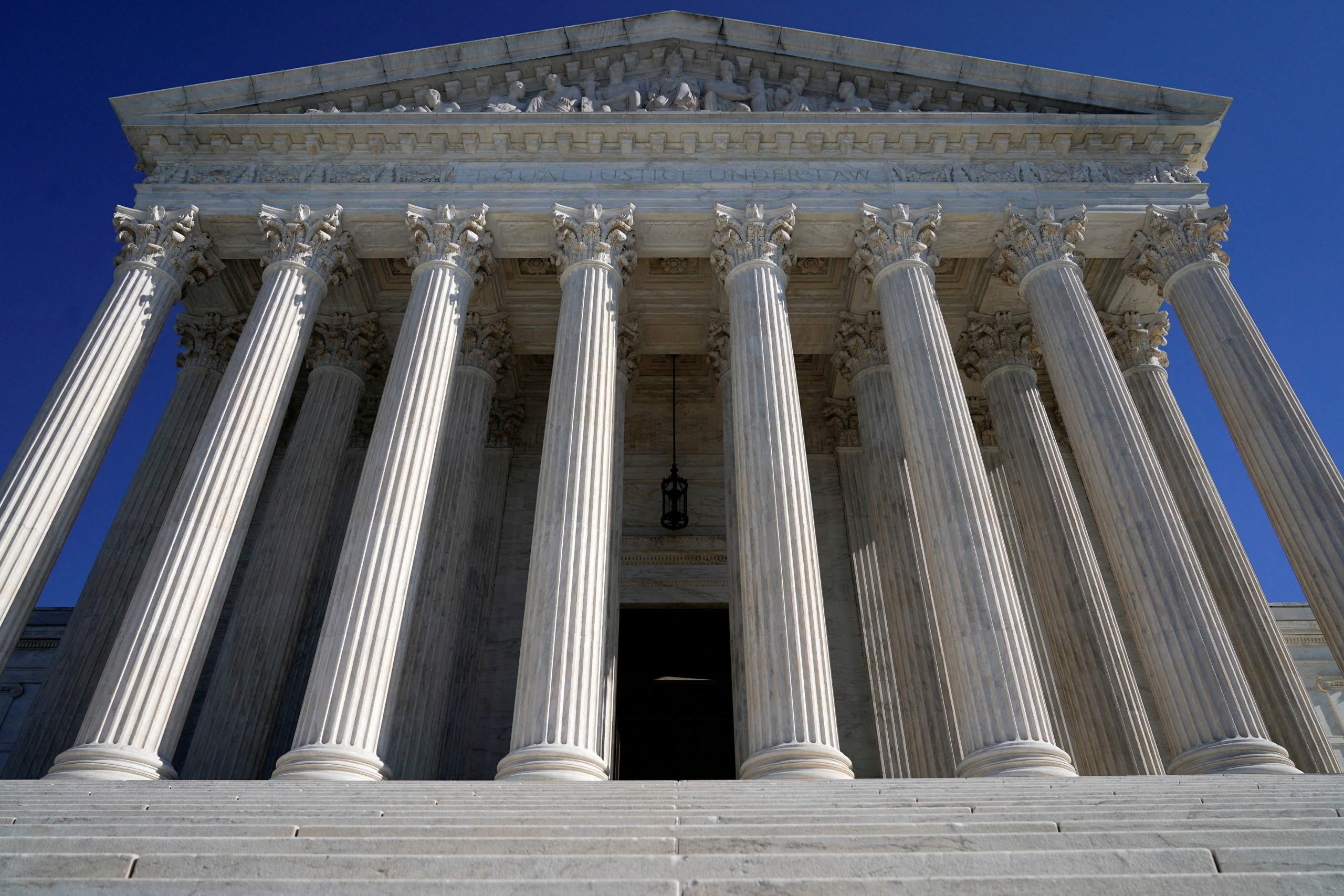
Willie R. Tubbs, FISM News
[elfsight_social_share_buttons id=”1″]
In a rare 8-to-1 verdict, the Supreme Court ruled Thursday that the Republican attorney general of Kentucky could argue an abortion case his state had previously declined to defend under a Democrat.
Only liberal Justice Sonia Sotomayor dissented as the remaining justices ruled that the Sixth U.S. Circuit Court of Appeals should have allowed Kentucky Attorney General Daniel Cameron to request a rehearing or appeal of a previous district court ruling on a 2018 Kentucky abortion law that would severely limit the use of a common abortion procedure known as dilation and evacuation.
With the help of the ACLU, a Louisville, Kentucky, abortion clinic sued the state shortly after the law passed under then-Governor Matt Bevin, a Republican. The clinic eventually won because Democratic Gov. Andy Beshear’s administration, which came into power in 2019, declined to defend the law.
However, when Cameron assumed his new role in 2020, he fought to revive the litigation, but was denied this opportunity by the Sixth Circuit.
“The importance of ensuring that States have a fair opportunity to defend their laws in federal court has been recognized by Congress,” Justice Samuel Alito wrote on behalf of the majority. He later added, “The way in which Kentucky divides executive authority and the unusual course that this litigation took should not obscure the important constitutional consideration at stake.”
After the ruling, Cameron issued a statement in which he said he looked forward to finally having a day in court.
“At every turn, we’ve maintained that Kentucky’s law banning live-dismemberment abortions is worth defending and should receive a full defense from the challenge brought by the ACLU and an abortion clinic,” Cameron said. “Today, the U.S. Supreme Court agreed. This is a ruling that many in the Commonwealth have hoped for, and we will proudly continue to carry the mantle for this important pro-life law by going back to the Sixth Circuit and litigating the case.”
Importantly, the court did not offer an opinion on the legality of the Kentucky law. It merely addressed procedural matters and the legality of Cameron’s request for a new trial.
“The Kentucky official who had been defending the law decided not to seek any further review, but the Kentucky attorney general then moved to intervene for the purpose of taking up the defense,” Alito wrote. “The panel denied that motion, but we granted review.”
Sotomayor, though, said the case’s original verdict should have been final.
“I fear today’s decision will open the floodgates for government officials to evade the consequences of litigation decisions made by their predecessors of different political parties,” Sotomayor wrote, “undermining finality and upsetting the settled expectations of courts, litigants, and the public alike.”
